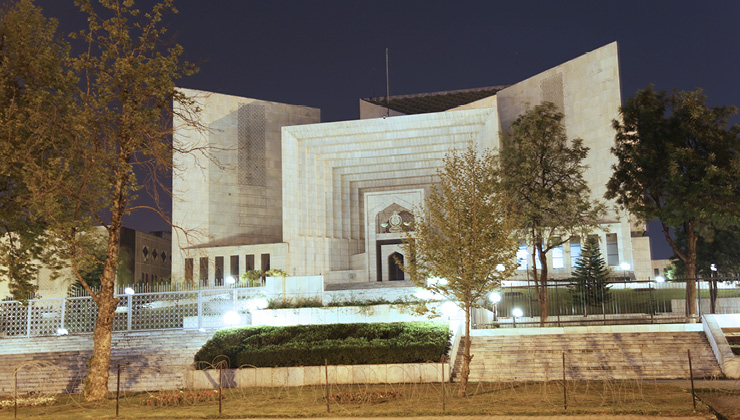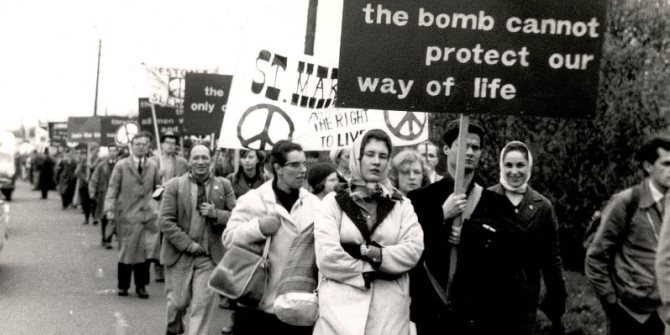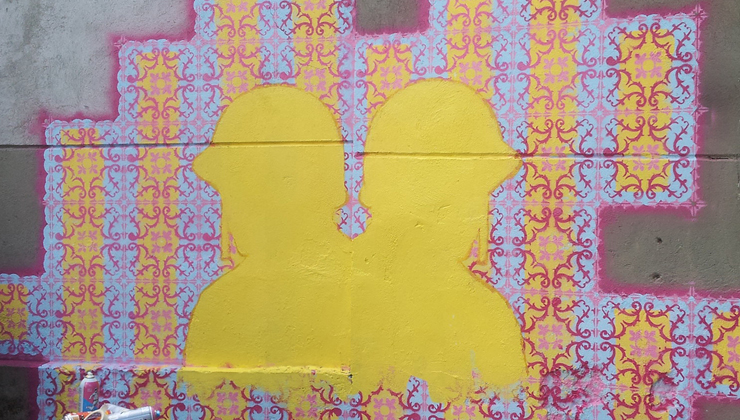On 4 February 2021, the International Criminal Court (ICC) convicted Dominic Ongwen for war crimes and crimes against humanity, committed in Northern Uganda between 2002 and 2005. Much as the verdict is welcome, Tonny Raymond Kirabira and Mugero Jesse detail how there remains much more to be done to secure justice for victims of Sexual and Gender Based Violence (SGBV) crimes.
Ongwen’s crimes were committed within the context of a 20-year war in Northern Uganda, between 1986 to 2008, involving the Lord’s Resistance Army (LRA) and the government forces Uganda People’s Defence Forces (UPDF). This led to massive internal displacement, deaths and gross human rights violations. Ongwen was one of the LRA commanders and was charged and convicted for crimes committed in the areas of Abok, Pajule, Lukodi and Odek IDP camps. These four areas paint a partial picture of the magnitude of areas with victims in the Northern Uganda region. As has been observed by Jackline Atingo, Ongwen’s conviction triggered mixed reactions from multiple victim/survivors of SGBV in Northen Uganda.
From a gender perspective, Ongwen’s case was notable because it was the first time an international court considered the crime of forced pregnancy. Although SGBV crimes are recognised as serious crimes under the ICC’s Rome Statute, there has not been clear elaboration on forced pregnancy and forced marriage under the court’s jurisprudence. For the first time, the court recognised forced pregnancy as a war crime in Ongwen’s case. In addition to rape, it was a standard practice for females to be distributed as ‘wives’ of LRA soldiers through forced marriages that led to forced pregnancies. It was important for the court to acknowledge the SGBV crimes that Ongwen’s soldiers committed. It found that he regularly ‘distributed’ forcefully abducted women and girls as “wives” to members of his Sinia brigade.
The physical and psychologically experiences of victims of SGBV received attention in this case. The court recognised the fact that Ongwen physically and psychologically abused the women in his custody. The court implicitly noted another socio-cultural injustice against the women. In this case, it concerned Ongwen’s right of ownership over these women. It was observed:
From the moment of ‘distribution’, the abducted women and girls were subject to the authority of the man they were assigned to. It is opportune to note at the outset that for some abducted women and girls the ‘distribution’ to a man after abduction also meant being assigned to that man as a so-called ‘wife’.
This was observed to be a deprivation of their liberty similar to the crime of enslavement. This is an important step for gender justice, due to recognition of the gendered aspects of armed conflicts that negatively impact on girls and women in captivity.
Children Born of war as a unique category of victims
Inspite of this positive judgement, there are some critical aspects that were neglected. For example, numerous cases of male victims of sexual violence were not considered by the ICC Prosecutor. In addition, the court did not mention Children Born of War (CBW) as a category of victims. This would have been useful for a nuanced discussion by the court in relation to the crimes of forced pregnancy and marriage.
Previously, we have illustrated that CBW are a unique category of victims meriting special attention due to their vulnerability. This is evidenced by empirical studies conducted by the LSE Centre for Women Peace and Security that reveal gendered and intergenerational harms to CBW and their mothers in Northen Uganda. The most notable challenges relate to their stigmatisation, discrimination within the communities, and limited attention in the post-war transitional justice processes. Against this backdrop, it would be vital for the ICC and other criminal justice mechanisms to legally recognise the phenomenon of CBW. This also provides a more inclusive understanding of gender relations in armed conflict, thus allowing for gendered peace and accountability. Moreover, post-war transitional justice outcomes have implications for gender relations.
One way of doing this would be to consider such vulnerable victims within the ICC’s Trust Fund for Victims (TFV). Following Ongwen’s conviction, the TFV should pay due attention to gender as well as CBW as central factors. This will provide a practical link between criminal accountability and gender justice, beyond the court rooms. The victims should be assisted to re-integrate within their communities and live dignified lives. Explicit recognition of CBW would further help illuminate the gendered aspects of war, and how they impact on post-war justice.
Dominic Ongwen’s judgement and conviction Illustrate that there is some progress towards gender justice in international criminal law. The judges’ expansive discourse on SGBV crimes will help to determine the scope of protection for victims in other contexts beyond Uganda. What remains, however, is the legal recognition of CBW as a unique category of victims under the ICC’s Rome Statute. Nonetheless, Ongwen’s judgement offers some potential for holding perpetrators accountable for the harm caused against CBW.
This blog was written with the support of a European Research Council (ERC) grant under the European Union’s Horizon 2020 research and innovation programme (Grant agreement No. 786494).
The views, thoughts and opinions expressed in this blog post are those of the author(s) only, and do not necessarily reflect LSE’s or those of the LSE Centre for Women, Peace and Security.
Featured image: A market in Kitgum, near Gulu. In the Gulu district of Northern Uganda, communities have slowly returned after fleeing the Lord’s Resistance Army rebel group three decades ago. (CC BY-NC-SA 4.0).





